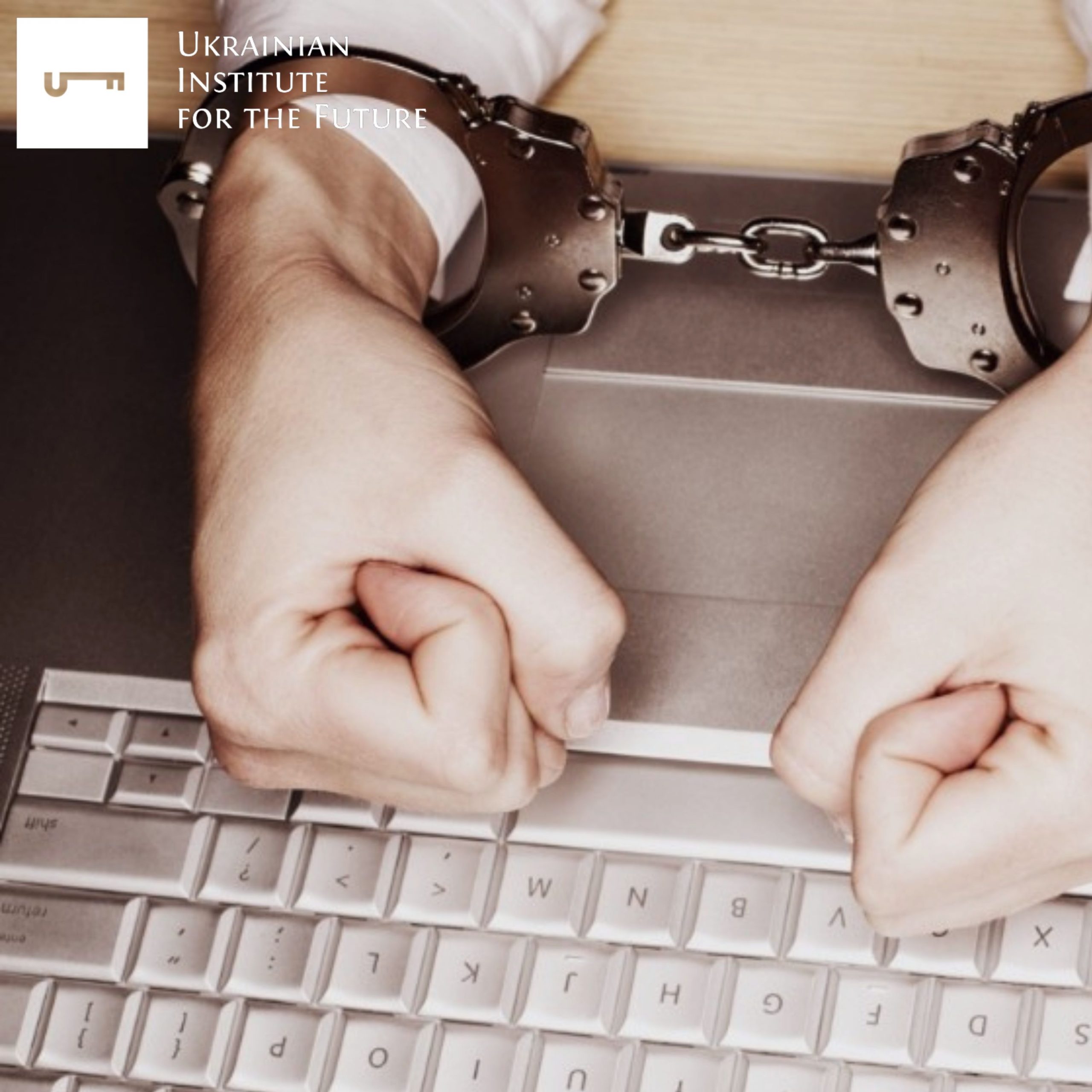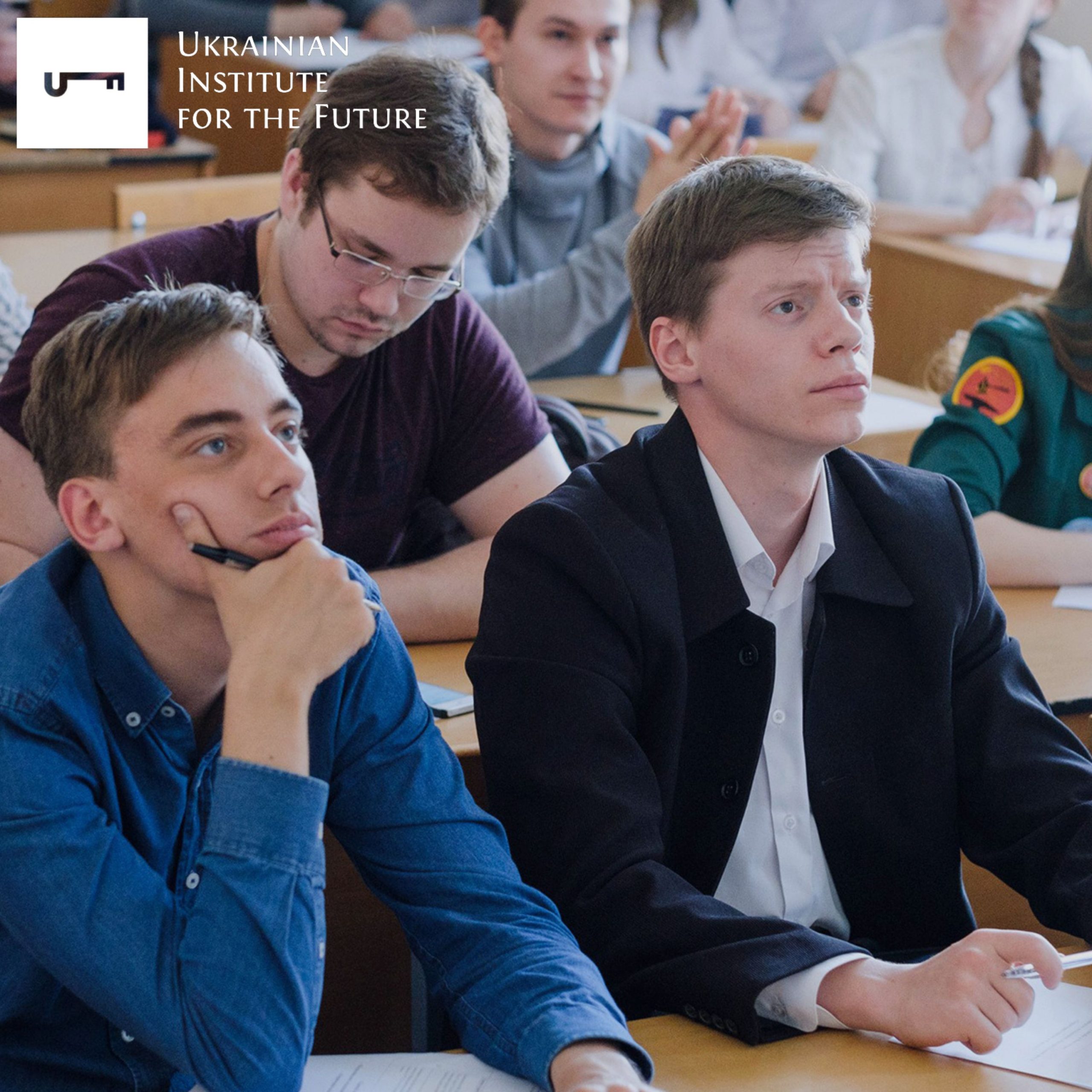In early July, Russian media reported that a meeting was to be held with the head of the Russian presidential administration, A. Vaino, on the subject of “the protection of state interests on the Internet”. The meeting was cancelled, but the Russian authorities continue to work on tightening control over Russian citizens’ access to information on the Internet. They are also creating and developing their own Internet platforms to replace global networking projects. The transfer of totalitarian methods of social control to the Internet has so far produced limited results due to weak technical capabilities, management errors and widespread corruption in the funding of digital projects.
History and current state of the system restricting Russian users from using the Internet
Since 2019, Law No. 90-FZ, known as the Law on the Sovereign Internet, has been implemented in the Russian Federation. It provides for Internet operators to install hardware systems to monitor traffic, strengthens the powers of Roskomnadzor, and develops a national domain name system.
Since 2014, opposition and foreign internet resources have been blocked by the Federal Service for Communications, Information Technology and Mass Media (Roskomnadzor). For example, the Russian Federation has officially blocked access to LinkedIn (since 2016), Instagram and Facebook (since March 2022). Bellingcat, Amnesty International and other international news outlets have been blocked. Major international media outlets broadcasting in Europe and the United States are also on the list of banned websites: “Radio Liberty”, BBC, “Voice of America”, Deutsche Welle, Euronews, “Bild” and others.
As Russian troops began a full-scale invasion of Ukraine, the blocking of websites intensified. On 4 March, the State Duma passed Law No. 32-FZ amending the Russian Criminal Code on fake news and military censorship. As a result, Roskomnadzor now has much more power over website-blocking decisions.
Roskomnadzor lists blocked Internet resources in a special state register. Roskomnadzor added 384,000 links to this register in 2022 alone.
Russians have begun to use VPNs and other technical means of circumventing blocking to access banned websites.
In the Freedom House 2022 report, the level of internet freedom in the Russian Federation is 23 out of 100 points, which is a “not free” rating.
Key projects for strengthening control over information on the Internet
Developing its own search engine and a suite of Yandex-based services
Yandex may be developing as an alternative to Google, but the algorithm used to deliver search results is being shaped according to political guidelines. A change of ownership of Yandex has been under way for some time. Putin personally approved the sale of a majority stake in the company to V. Potanin, A. Mordashov and V. Alekperov. The actual head of the project was A. Kudrin, who became the company’s corporate governance advisor after leaving the civil service. Western sanctions against the oligarchs who were to become the company’s new owners made the change in ownership difficult.
Developing the VK social network to replace global networks
VK is run by Vladimir Kiriyenko, the son of Sergei Kiriyenko, the first deputy head of the Russian presidential administration. The CEO of VK is expected to be Stepan Kovalchuk, the nephew of Yuri Kovalchuk, the head of Rossiya Bank. Stepan’s father, Kirill Kovalchuk, is the president of National Media Group.
This group of technology companies collects data on user behaviour and ensures that the social network’s users get the right news.
The Russian Federation bans the use of VPN services
Since 2017, Russia has had a law prohibiting using VPN services to circumvent blocking banned websites. However, there has been widespread disregard for the law’s requirements. Roskomnadzor began blocking certain VPN services in 2021. In late May 2023, it began blocking the OpenVPN protocol. The legal basis for these actions has not been made public. Further legal, administrative and technical measures aimed at restricting VPNs are expected to be taken.
Creating an Alternative Wikipedia
The Russian authorities have repeatedly demanded that Wikipedia remove or censor certain articles. These have mainly been related to the Russian invasion of Ukraine or war crimes. The website ruwiki.ru was launched in July 2023 to create alternative content. It initially contained almost 2 million articles from the Russian version of Wikipedia but excluded politically unfavourable articles. The project manager is Vladimir Medeyko. He previously headed the Russian Wikipedia office. Articles on Ruwiki will be subject to editorial censorship, unlike Wikipedia itself. Now it looks increasingly likely that Wikipedia will be banned from being accessed.
Banning Youtube and creating a Russian analogue could be on the cards
Russia has hosted Gazprom-funded RuTube since 2006. This service, along with the VKontakte and Odnoklassniki video services, was seen as a complete replacement for YouTube after Russia’s full-scale war against Ukraine began. YouTube provides Russian users with a lot of objective information. This has become a problem for the authorities. In May 2022, RuTube experienced a massive outage, which caused the decision to ban YouTube to be postponed. Now, a decision to ban access to YouTube could be taken as early as autumn 2023, as the Russian service has expanded its capacity.
Conclusions
The Russian authorities have every intention of tightening control over their citizens’ access to information. The state’s aim is to have a monopoly on the provision of information to the population about political and international events and to block as far as possible the possibility of obtaining alternative information. The Chinese Golden Shield system is seen as a model. It restricts access to foreign websites from China and allows users who try to access prohibited information to be tracked.
In the run-up to the presidential elections scheduled for March 2024, the issue of increased censorship is particularly acute. The authorities fear protesting and spreading filth.
The Russian authorities have launched a massive campaign to block access to independent media, international social networks and websites of opposition movements and organisations.
Alternative platforms such as social networks, video hosting and search engines are being created. State-owned companies and oligarchs are funding these projects.
The high level of corruption and embezzlement of allocated budgets is the main reason for the slow creation of alternative pro-government projects. In July 2023, the Investigative Committee detained Deputy Minister of Digital Development M. Parshin, accusing him of having taken bribes. Parshin is believed to be linked to the Kovalchuks. The arrest may be another manifestation of internal political wars between influential groups in the Russian government. Parshin has pledged to cooperate with the investigation, according to media reports. His testimony could help redistribute influence in the media and in managing Internet projects.
By using VPNs, some Russians continue to read independent information. The majority, however, have switched to Russian pro-government resources, which has the effect of shaping public opinion in favour of the authorities.
An essential element of a peaceful solution and the prevention of the growth of militaristic and revanchist sentiments among Russians is to inform Russian society about the objective situation on the front, the activities of the Russian authorities and international events.




